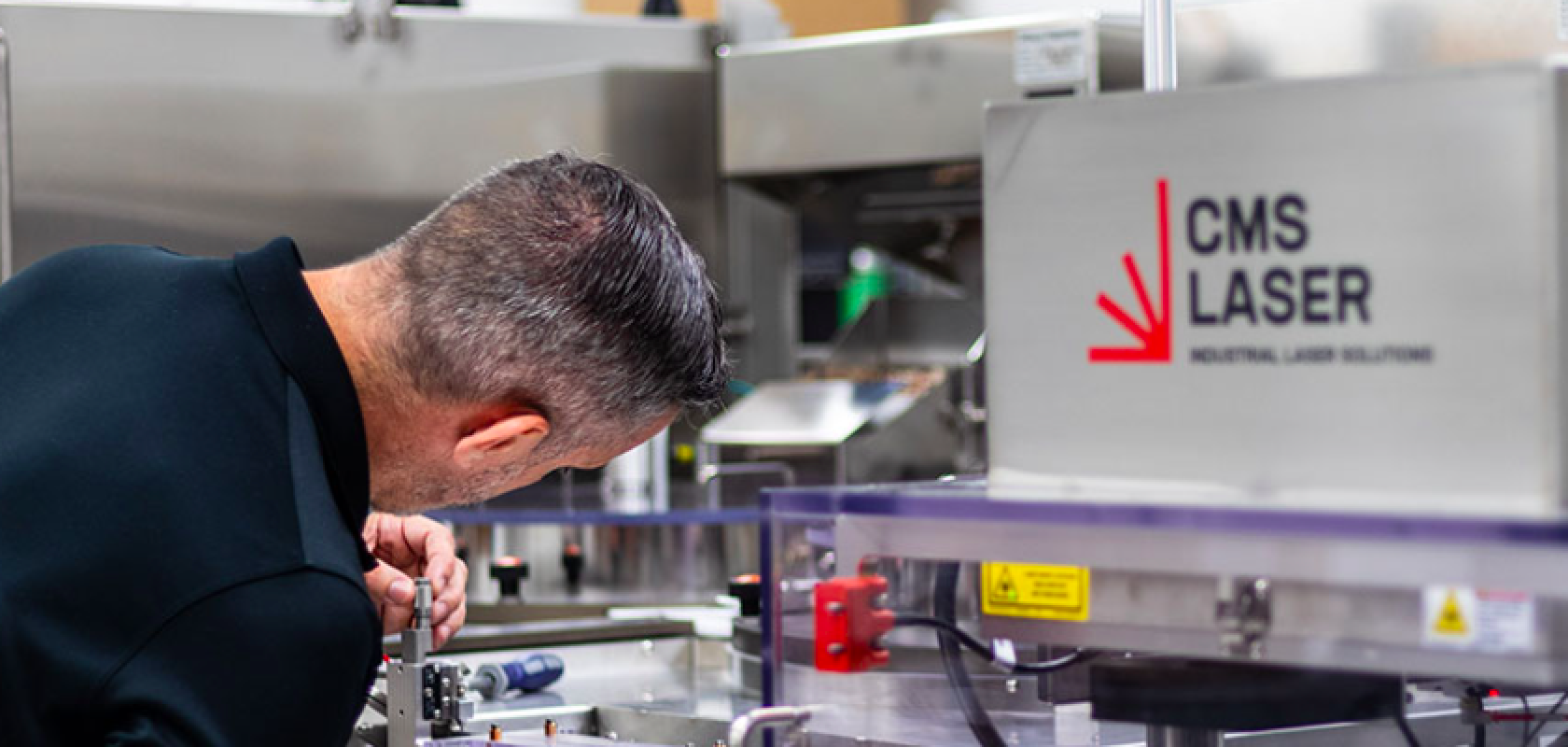Laser Photonics Corporation (LPC), a manufacturer of industrial laser systems, has signed a definitive agreement to acquire Control Micro Systems (CMS), a provider of laser solutions to the pharmaceutical and medical manufacturing sectors, in a deal worth $1.05 million.
The terms of the deal, completed with an asset purchase agreement and the transfer of $950,000 in cash and $100,000 in LPC stock, is seen as a strategic move that marks a key step for LPC, which is expanding its presence in the growing pharmaceutical and medical manufacturing sectors, while enhancing its technology portfolio.
Completing a strategic move into a growing sector
Wayne Tupuola, CEO of LPC, highlighted that the acquisition would allow the firm to expand into the pharmaceutical and medical vertical, which is viewed as recession-resistant and increasingly critical to global healthcare.
Tupuola stated: “This acquisition will enable LPC to enter the massive, growing pharmaceutical and medical manufacturing vertical, a sector with significant barriers to entry, while diversifying our business and providing us with new market opportunities. We believe CMS is under-valued due to its limited investment in sales and marketing in recent years. Leveraging LPC’s established sales and marketing infrastructure will unlock significant value and help drive future growth.”
To date, CMS has established itself as a key player in providing laser solutions for the pharmaceutical industry, particularly in the manufacturing of controlled-release medications and ensuring compliance with stringent traceability requirements.
The acquisition will give LPC access to CMS’s cutting-edge technologies, such as laser drilling systems for controlled-release tablet production, as well as advanced laser marking systems for pharmaceutical packaging compliance.
Laser Photonics Principal Financial Officer, Carlos Sardinas, said: “CMS specialises in developing custom precision laser solutions for several markets; however, the business that was especially attractive to us was their laser solutions for the healthcare industry, specifically pharmaceutical drug delivery, where they address two very attractive applications: controlled-release tablet production and packaging compliance.”
Sardinas continued: “With its laser drilling systems, CMS has established itself as a critical supplier of systems that create microscopic apertures in tablets, allowing for precise control over drug release rates.”
Unlocking new market opportunities
The pharmaceutical industry is witnessing rapid growth, especially in the area of controlled-release medications, which require precision manufacturing to ensure proper dosage and the timed release of active ingredients. According to LPC, laser technology such as CMS’s is used to create microscopic apertures in tablets for controlled-release, and plays a crucial role in ensuring the accuracy and consistency of drug delivery.
In addition to controlled-release tablet production, CMS’s laser marking systems help pharmaceutical companies comply with regulatory requirements, including those from the FDA and GMP, by enabling precise marking of batch numbers, expiration dates and unique product identifiers.
Sardinas explained: “CMS has several of the top 20 largest global pharmaceutical manufacturers as its customers, including two in the top ten. As we invest in sales and marketing, we hope to penetrate these customers further while expanding this list in the coming years.”
The acquisition of CMS further is also hoped to strengthen LPC’s portfolio by diversifying its business into a recession-resistant market. The pharmaceutical sector, driven by constant demand for healthcare and medical products, is seen to offer stability and long-term growth potential, especially in the context of an expanding need for precision manufacturing solutions in drug delivery systems.
Sardinas said: “This [pharmaceutical sector] is a huge, growing industry. According to Grandview Research, the broader market for controlled-release pharmaceuticals was $49.5 billion in 2023 and is expected to grow at a CAGR of nearly 11% through 2030. Not only does this diversify our business into a new growth market, but pharmaceuticals tend to be a recession-proof, or at least highly recession-resistant industry, so we don’t expect to see much cyclicality.”
Tupuola went on to confirm that LPC plans to retain CMS’s existing workforce, including engineers and customer support personnel, ensuring a smooth transition and continued high-quality service for CMS’s current customers.


